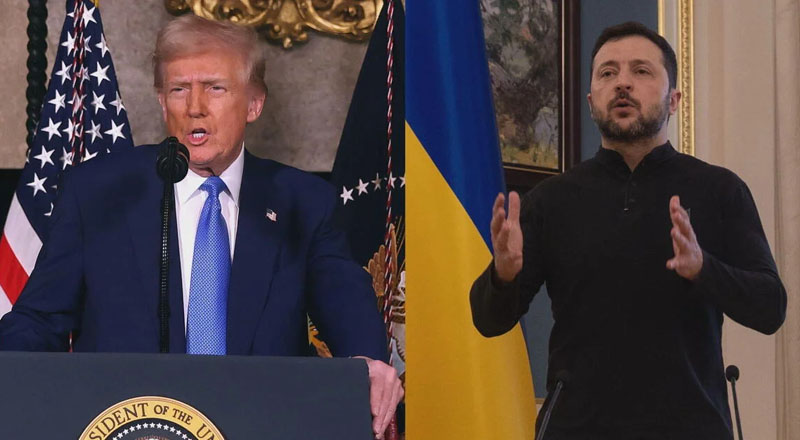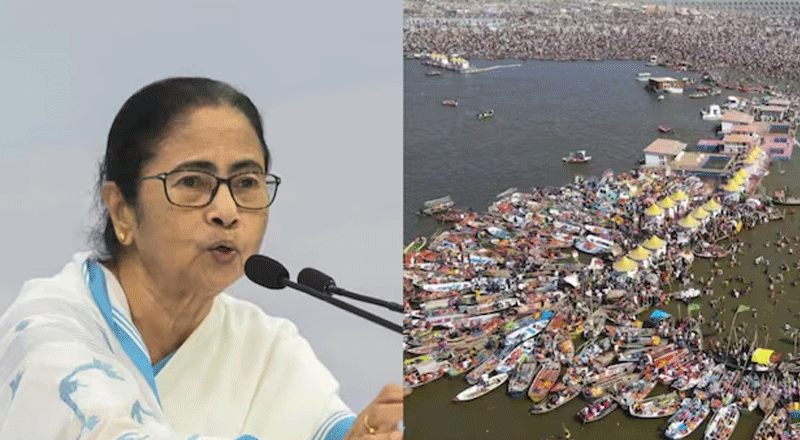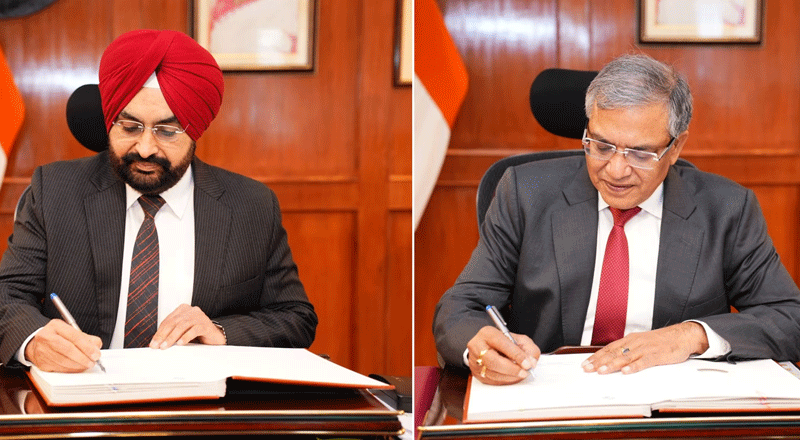For the first time in 27 years, the Bharatiya Janata Party (BJP) has reclaimed power in Delhi, ending the 10-year dominance of the Aam Aadmi Party (AAP). This historic victory marks a significant shift in the capital’s political landscape, as the saffron party swept the assembly elections, securing 48 seats and toppling Arvind Kejriwal’s AAP government.
The Battle for Leadership: Who Will Lead Delhi?
As the BJP prepares to swear in its first Chief Minister in nearly three decades, speculation is rife about who will take the top post. A high-stakes battle is underway within the party, with several heavyweight contenders in the race. The frontrunner is Parvesh Verma, the man who scripted history by defeating Arvind Kejriwal in the New Delhi seat, in what many are calling the biggest political upset in recent times. Verma, son of former Delhi CM Sahib Singh Verma, has emerged as the ‘giant slayer’ of this election.
However, other prominent BJP leaders are also vying for the post. Names like Vijender Gupta, Satish Upadhyay, Ashish Sood, and Jitendra Mahajan are being actively discussed within party circles. The BJP high command, including Prime Minister Narendra Modi and Home Minister Amit Shah, has been holding a series of closed-door meetings to finalize the leadership before the legislative party meeting scheduled for February 19. The oath-taking ceremony is expected to be a grand affair at Ramlila Maidan on February 20.
AAP’s Decline and the BJP’s Rise
The BJP’s stunning victory was fueled by a combination of factors, including the declining popularity of AAP, governance issues, and the party’s strategic outreach to key voter groups. Over the last ten years, the BJP’s vote share in Delhi has increased by 13 percentage points, while AAP’s has shrunk by 10 percentage points. While the BJP secured 48 seats, AAP was left with just 22—a dramatic fall from its once-commanding position.
The election results sent shockwaves through AAP, with top leaders scrambling to assess the damage. Delhi’s caretaker CM, Atishi, lashed out at the BJP over the delay in government formation, accusing the party of being unprepared for governance. “Even after ten days, they cannot decide on a CM. This proves they don’t have a single capable leader to run Delhi,” she said.
The Road Ahead for Delhi
As Delhi stands at the dawn of a new political era, the challenges ahead are immense. The BJP must deliver on its promises of better infrastructure, women’s safety, and governance reforms while ensuring that it does not repeat the mistakes of its predecessors. The party also faces the uphill task of winning over sections of the electorate that remain loyal to AAP’s governance model.
The upcoming years will be crucial in determining whether this historic shift in power translates into real progress for Delhi. The BJP’s performance in the capital will not only impact its future electoral prospects but also redefine the city’s political narrative. With expectations soaring, the new government must move swiftly to prove that this victory is not just symbolic but transformative for Delhi and its citizens.
(With inputs from agencies)





